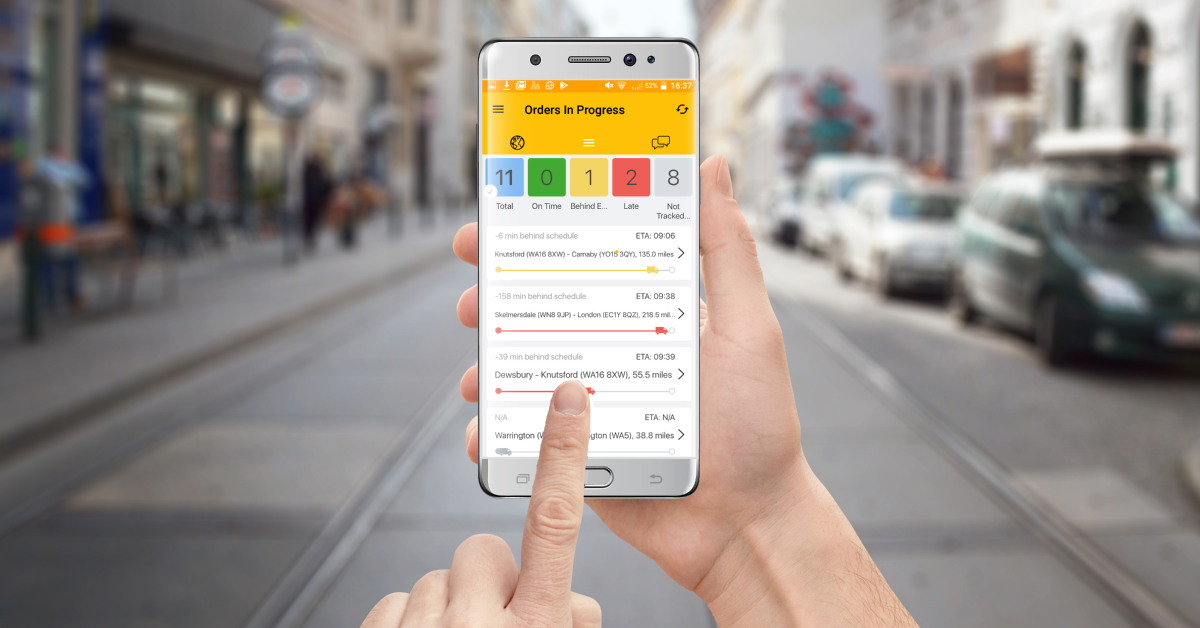Smartphone Tech is Paving the Road for the Future of Trucking
For the trucking industry, staying connected is vital for all aspects of the business. Whether it is a dispatcher staying in contact with their drivers, business managers updating clients, and everywhere in between, maintaining a high-level of contact and coordination is paramount for success. Transport industry businesses need to be utilizing all tools at their disposal to help them continue to build on their inter-business communication and high-level of visibility.
Smartphones are one of the most versatile tools that business managers have at their disposal. They provide a widely used, technologically adaptable medium for everyone in the business to stay connected. With well-designed logistics and supply chain management apps, shipping companies can make effective use of mobile technology to help their business thrive.
One of the most useful applications that smartphones bring to the table is integrated GPS. This can be used by freight management apps to communicate with the driver, automate a lot of driver tasks and eliminate human error. In addition to that, the GPS can provide shipping managers with real-time information on shipments and let them know exactly where all of their trucks are at once.
Another smartphone feature that is beginning to really come to life is voice assistant technology (VAT). VATs allow drivers a lot more freedom in terms of being able to safely get updates without having to pull the truck over and slow the delivery. With voice activated navigation, drivers can figure out better routes without the need of manually mapping them out. In terms of usefulness, voice assistant technology has really only had its surface scratched and promises to be one of the biggest game changers over the next few years.
For both drivers and operation managers, smartphones are one of the most useful tools to come into the shipping industry. So far we’re seeing a lot of game changing features like increased freight visibility and real-time tracking, but there is still so much more that can be expected from mobile technology.

